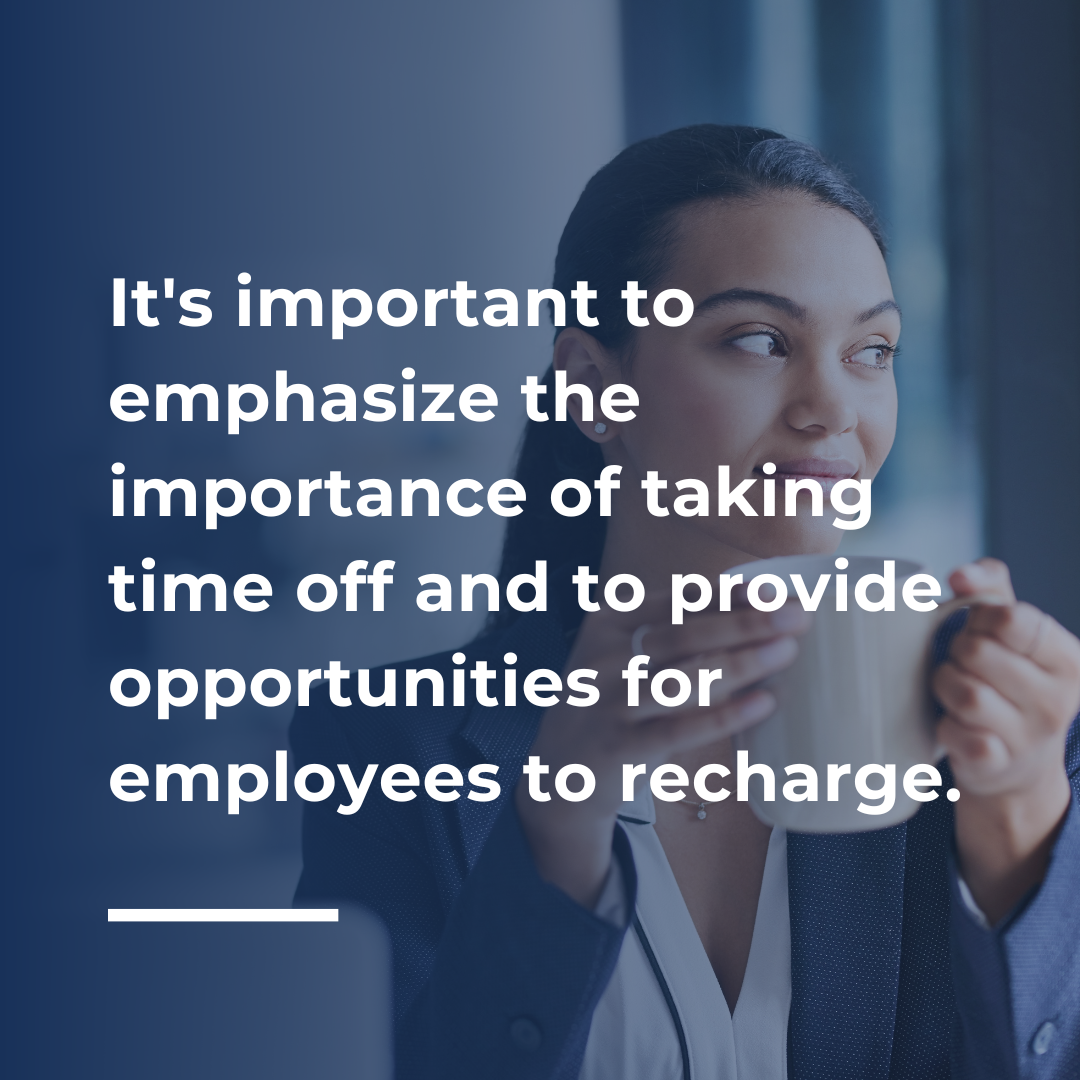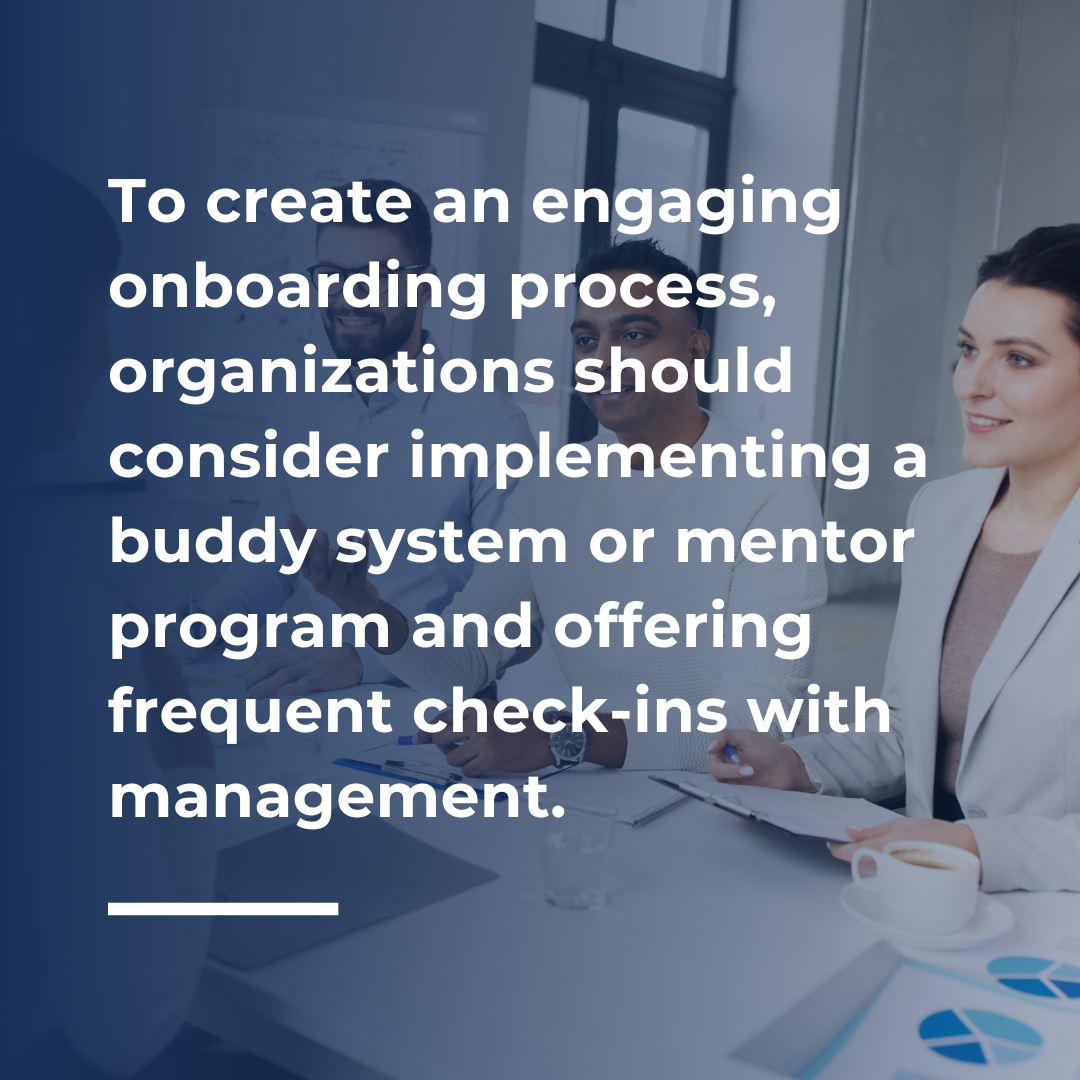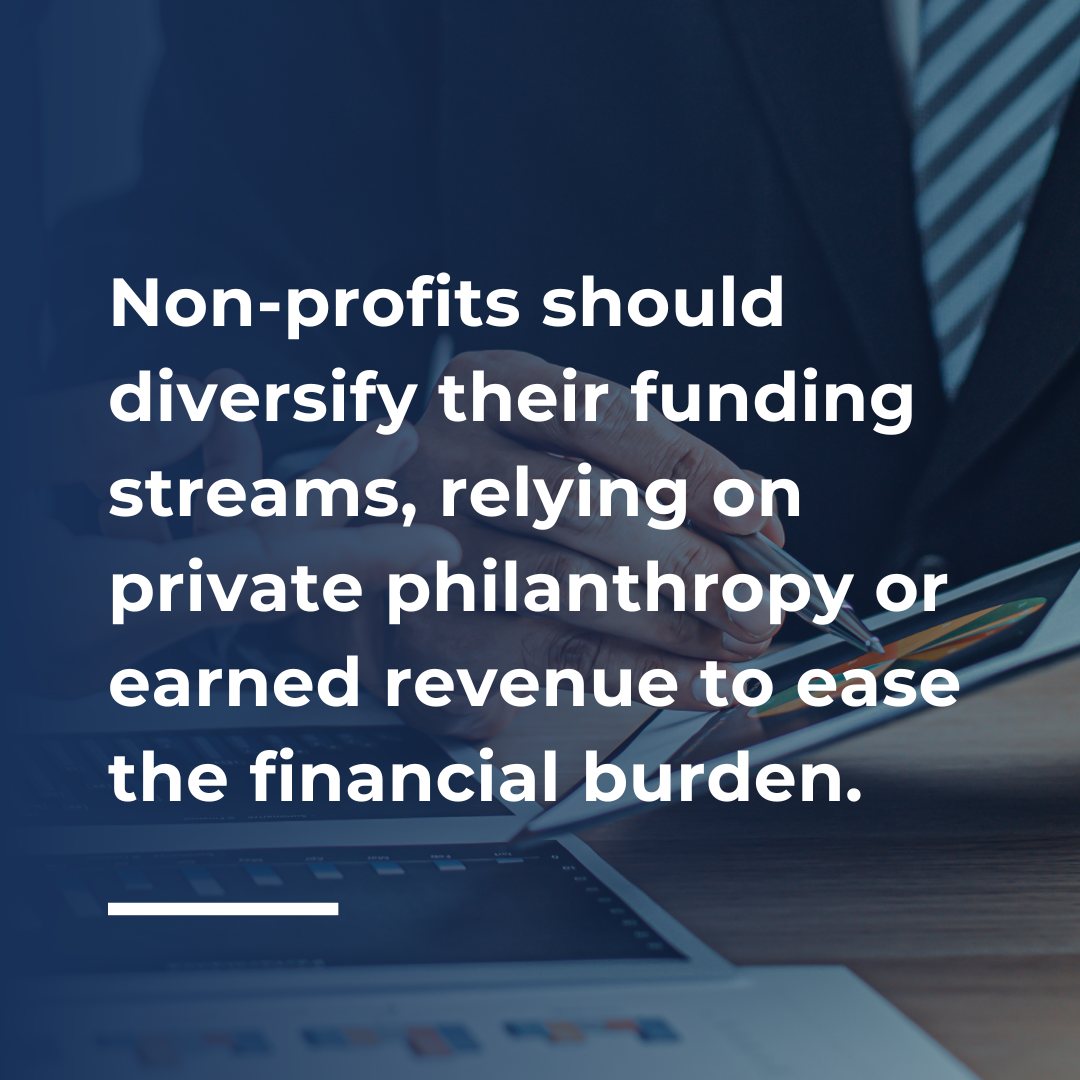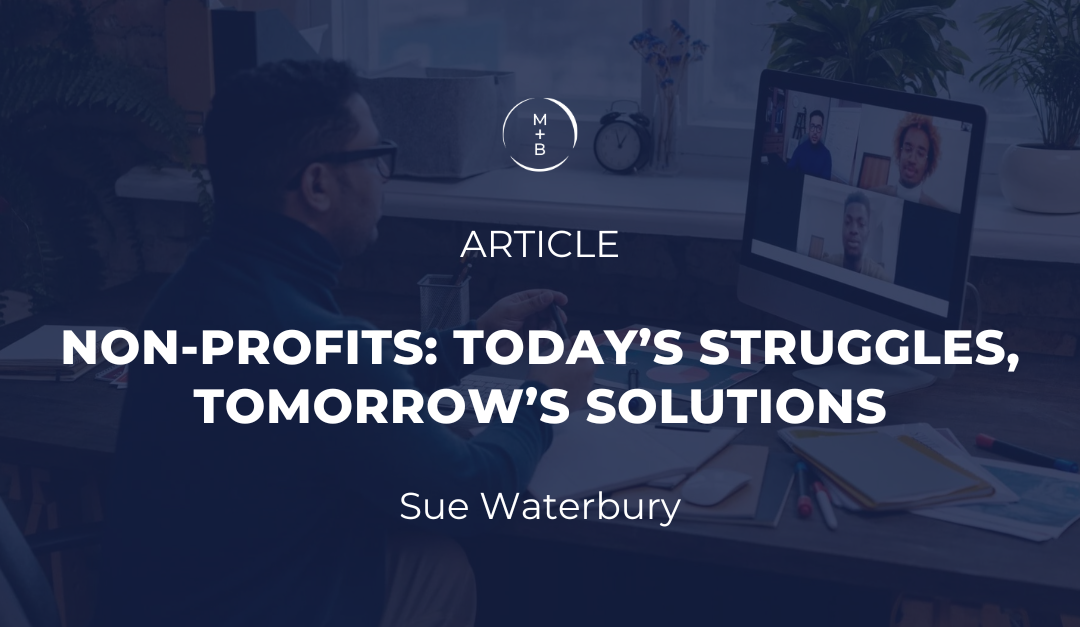As we work into the second quarter of 2023, uncertainty continues to prevail in the country with budget cuts, layoffs, and inflation fears. This has continued to cause challenges for non-profit organizations. McDermott + Bull conducted a survey amongst non-profits in multiple sectors to identify the most pressing issues they face today. A little over half (51%) stated that staffing was their most significant issue, followed by funding at 39%. Since these issues are interconnected, it has become increasingly imperative for high-level executives in the industry to develop strategic approaches to ensure financial viability, acquire new talent, and adopt new technology to maintain and grow their services to meet the increasing needs. Despite these challenges, there is hope for the industry.
The most pressing issues facing non-profits today, according to a survey by McDermott + Bull:
- Staffing 51%
- Funding 39%
- Other 7%
- Technology 3%
“A recent MIP survey, a top accounting software for non-profits, revealed that 80% of organizations expect their revenues to increase in 2023.”
The pandemic had a profound impact on the industry’s workforce. Baby boomers were compelled to retire early due to layoffs and furloughs. This disruption in the workforce has continued into 2023 with baby boomers continuing to retire early or demanding remote or hybrid employment. Furthermore, the increasing trend in inflation has led non-profit employees to leave for higher salaries in the corporate sector. This phenomenon limits the ability to offer competitive salaries, benefits, and flexibility to attract a diverse and talented workforce that can steer organizations toward success.
How Workplace Culture + Employee Well-Being Can Support Talent Acquisition and Retention
In today’s society, non-profit organizations play a vital role in addressing the needs of the community. However, staffing shortages have become a significant challenge for these organizations, and many of their employees often experience burnout due to the increasing demands of their jobs. To address this issue, the Council of Nonprofits recommends focusing on workplace culture and employee well-being as a way to support talent acquisition and retention.

Reducing Burnout
Reducing burnout is a critical component of supporting employee well-being. Organizations should prioritize the mental and physical health of their employees by offering counseling services and other mental health resources. It’s important to emphasize the importance of taking time off and to provide opportunities for employees to recharge. By offering support in this way, organizations can reduce the risk of employee burnout and create a more positive workplace culture.
Professional Mobility
Opportunities for professional development and mobility are also key components of supporting talent acquisition and retention. Organizations that offer career pathing programs and opportunities for professional development can attract and retain high-quality employees who are committed to their work. These programs not only help employees build their skills and knowledge, but they also provide a clear path for advancement within the organization. By training new employees and creating strategies to promote from within, organizations can cultivate a culture of growth and development.

Engaging Onboarding Process
An engaging onboarding process is also critical for new employees. A well-designed onboarding program can help new hires feel comfortable in their new role and quickly get up to speed on their responsibilities. To create an engaging onboarding process, organizations should consider implementing a buddy system or mentor program and offering frequent check-ins with management. This type of support can help new employees build connections with their colleagues and feel more confident in their ability to contribute to the organization.
Ways to Alleviate Funding Concerns
It is well known that most non-profits face financial struggles, as traditional funding streams have dried up and individual donations aren’t covering operating costs. CEOs and Executive Directors are struggling to remain financially viable, especially after the federal government’s Paycheck Protection Program for loans covering salaries was halted in 2021. Due to the delays in the payment of government contracts, many non-profits across the country have had to reduce programs and staff or even shut down. In addition, higher inflation is also leading to increased borrowing costs putting more pressure on nonprofits to manage the cash flow gap while waiting for contracts to get registered and pay. Higher interest rates create an even greater need for private lending from foundations or institutions to provide capital on reasonable terms to non-profits getting squeezed.

To mitigate significant delays, non-profits should build strong relationships and have constant communication with local, state, and federal government funders to ensure they are in the payment queue. Additionally, they should diversify their funding streams, relying on private philanthropy or earned revenue to ease the financial burden.
Non-profits should also establish strategic partnerships with philanthropic organizations that offer grants for similar programs, including them in their program’s strategic planning through an advisory council or the board of directors. If you are a grant-maker, invite your funder to participate in the review process. It is vital to have efficient systems in place to collect and analyze data on programs to show their effectiveness, as many government grants require significant tracking and reporting.
%
of non-profits are expected to increase their investment in technology in 2023
Riding The Tech Wave
Only 3% of respondents to the McDermott + Bull survey said that technology was the biggest issue they were facing as an organization. However, the reality is that technology is a crucial factor that impacts the daily operations of most non-profits. Outdated or low-quality technology can lead to inefficient processes and create obstacles to delivering successful programs.
The costs of upgrading technology can be high, leading non-profits to rely on a patchwork of solutions that are often incompatible with each other. Simple tasks like organizing an email fundraising campaign can become unnecessarily complicated and costly. According to MIP, 74% of non-profits are expected to increase their investment in technology in 2023, mostly through cloud-based technology, in an effort to increase efficiency, automation, and transparency.
To fully harness the potential of technology, non-profits should consider hiring a technology consultant or creating a Chief Technology Officer position. This would ensure that technology becomes an integral part of the organization’s culture, with ongoing training and access to customer support for assistance. The role of a Chief Technology Officer could be expanded to explore innovative ways technology can help deliver programs, including virtual fundraising events, telehealth appointments, and online professional development training programs.
Moreover, investing in data-driven technology could be a game changer. By analyzing donor data and measuring the impact of their programs, organizations can make informed decisions, optimize their fundraising and outreach efforts, and identify areas for improvement.
Despite the challenges, non-profits can continue to provide vital services to their communities by remaining agile, creative, and open to new approaches. By embracing technology and all its potential, focusing on staff retention and building strong relations with funders, non-profits can thrive and continue to make a difference in people’s lives.


